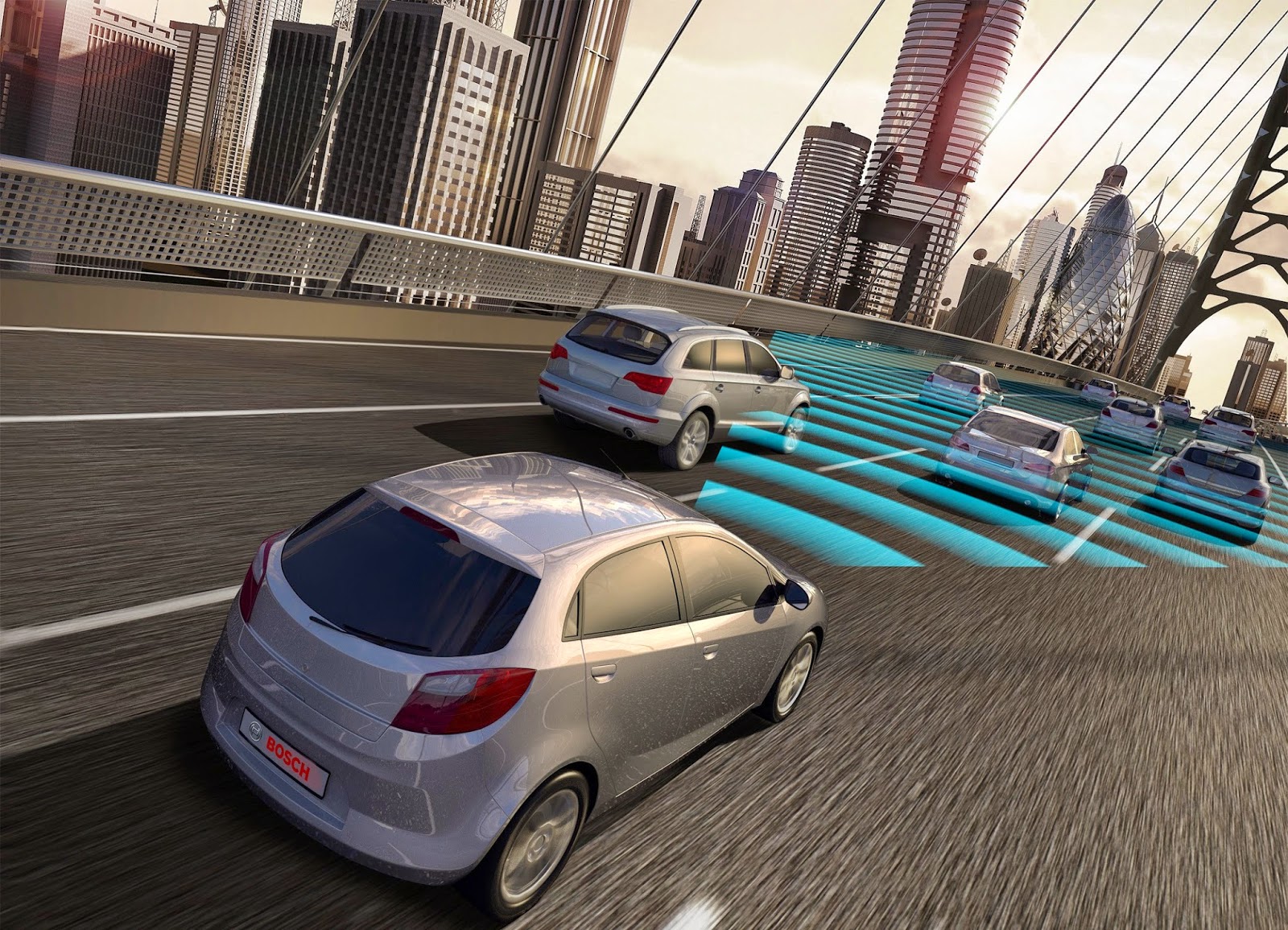 |
| Online distraction while studying. Image credit to Connections Academy. |
I know a lot of people experience this too; and I have read so many pieces of advice and strategies by different people on how to stay focused and keep away from online distraction when working: strategies such as switch off your phone or its internet access; turn off your email notifications; go to the library without your phone; and so on. But the world has changed in such a way that we now have a digital duplicate of our daily life: the Internet is an inevitable part of our lives. However, we should not allow this technology ruin us in the form of preventing us from concentrating on daily activities that are key to our growth and development and that of the society in which we live. This resolve requires we look for smart ways to stay focused on our work while online.
 |
| The Kudoso router. Image credit to Kudoso |
 |
| Rob Irizarry, inventor of Kudoso |
One more option is to develop a mobile application. But hey wait; this is an idea (others might have thought about it too) I'm throwing to app developers and the likes out there (I'm yet to learn how to code; but learning how to code I have promised myself: it may not be now, but I must surely learn how to code). So let's go back to the application. What if there is a mobile application that can block access to all social media sites and apps and uses an algorithm to block access to other entertainment based sites (unless you are working on something entertainment-related). The app will have a Work Mode and a Leisure Mode. For instance, if you are about to work on a project, you open the app on your smartphone, or computer (a desktop version could be made too) and put it in the Work Mode. Once in this Mode, you can choose the minimum period you intend to work, or you can leave it on unlimited period (it will give you the option of easily switching to the Leisure Mode after a minimum period of time). If you're going for a lecture or to work, the app will use your phone's GPS navigation to pop up reminder that you're heading for the location of your work (it will have a feature that enables input of workplace, lecture venues and so on via map and GPS) and should switch to the Work Mode to avoid distraction, such that once the lecturer comes into the lecture theatre or you hit the office and start work, you can choose to switch to the Work Mode. You can also choose to synchronize the app with your phone's reminder or to-do-list of activities so that it gives you the option of staying undistracted from online nuisances while accomplishing your tasks.
Someone out there is already asking whether I can't switch back to Leisure Mode and float on the stream of social media networks and the likes midway into my work. Like I said earlier, its functionality depends, to a large extent, on our conscious effort to stay away from online nuisances during our work periods. However, the app, which I call UnDistract if I were to develop it, would be designed such that reverting to the Leisure Mode before the minimum period of time set by default, depending on the activity, is spent , will be very tedious, involving answering series of questions, covering science, technology, music, arts and so on, drawn from the internet such that the user may stop midway: and the time spent trying to revert will count as that spent on the actual work because the user has got involved in some form of mental work. The activity-based minimum time frame feature will start working after the user has accomplished so many tasks spending the minimum time which can be manually set on the app, and the application's algorithm has gathered enough data to allocate a minimum time frame for any input activity.
I will keep on saying it--such an application will only be effective if we consciously want to stay undistracted while working: I can as well uninstall it after a few days if it seems to impose restrictions to my undisciplined freedom of deviation when I'm working. But would doing so be for my own good?


